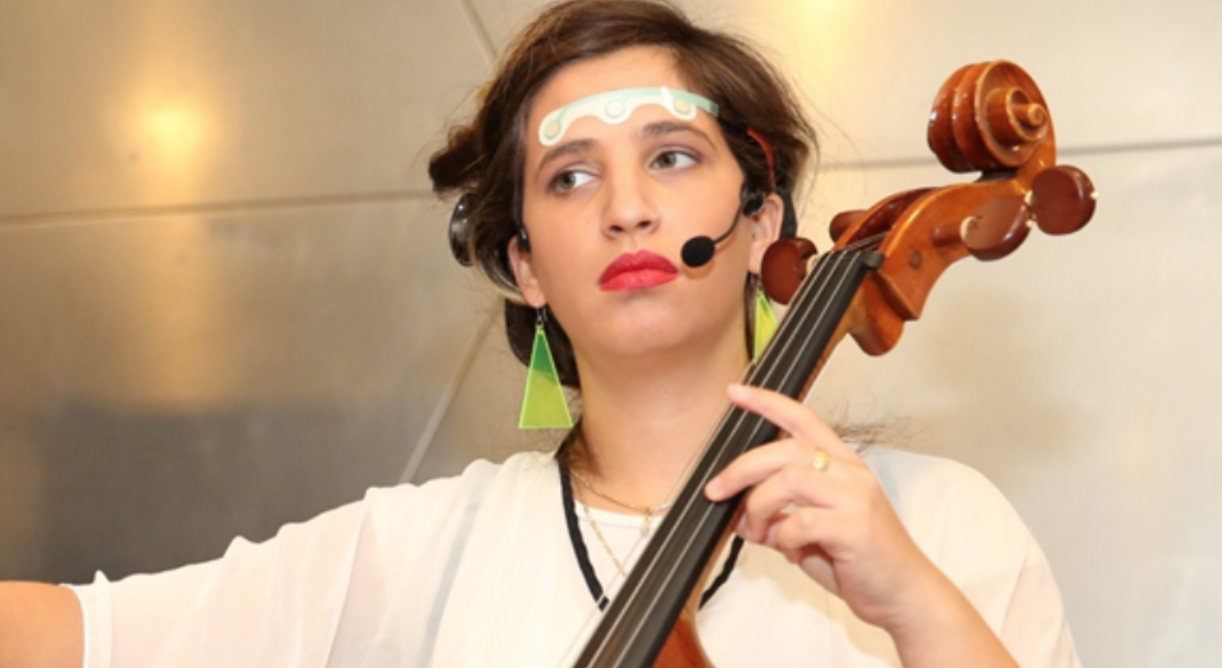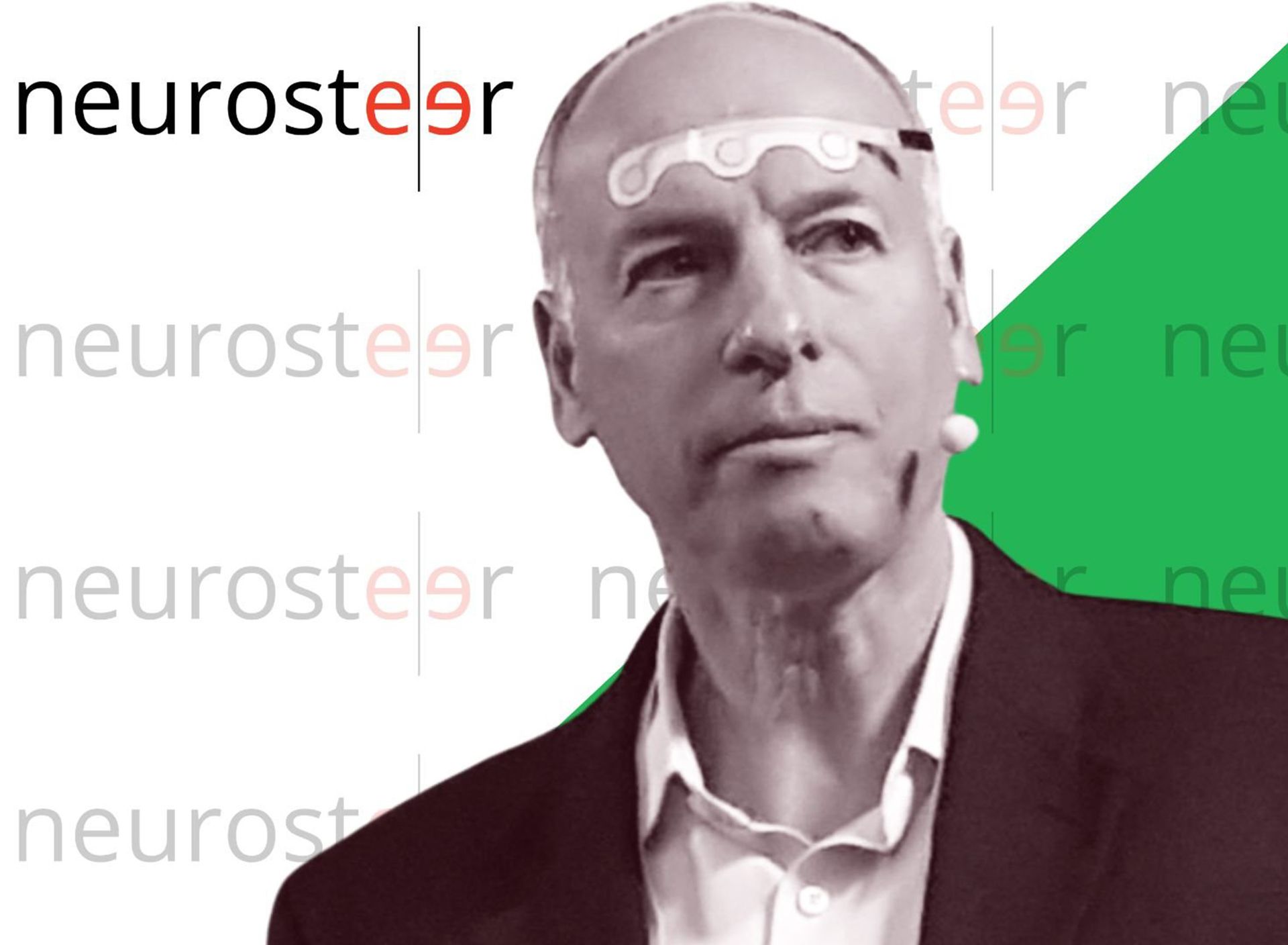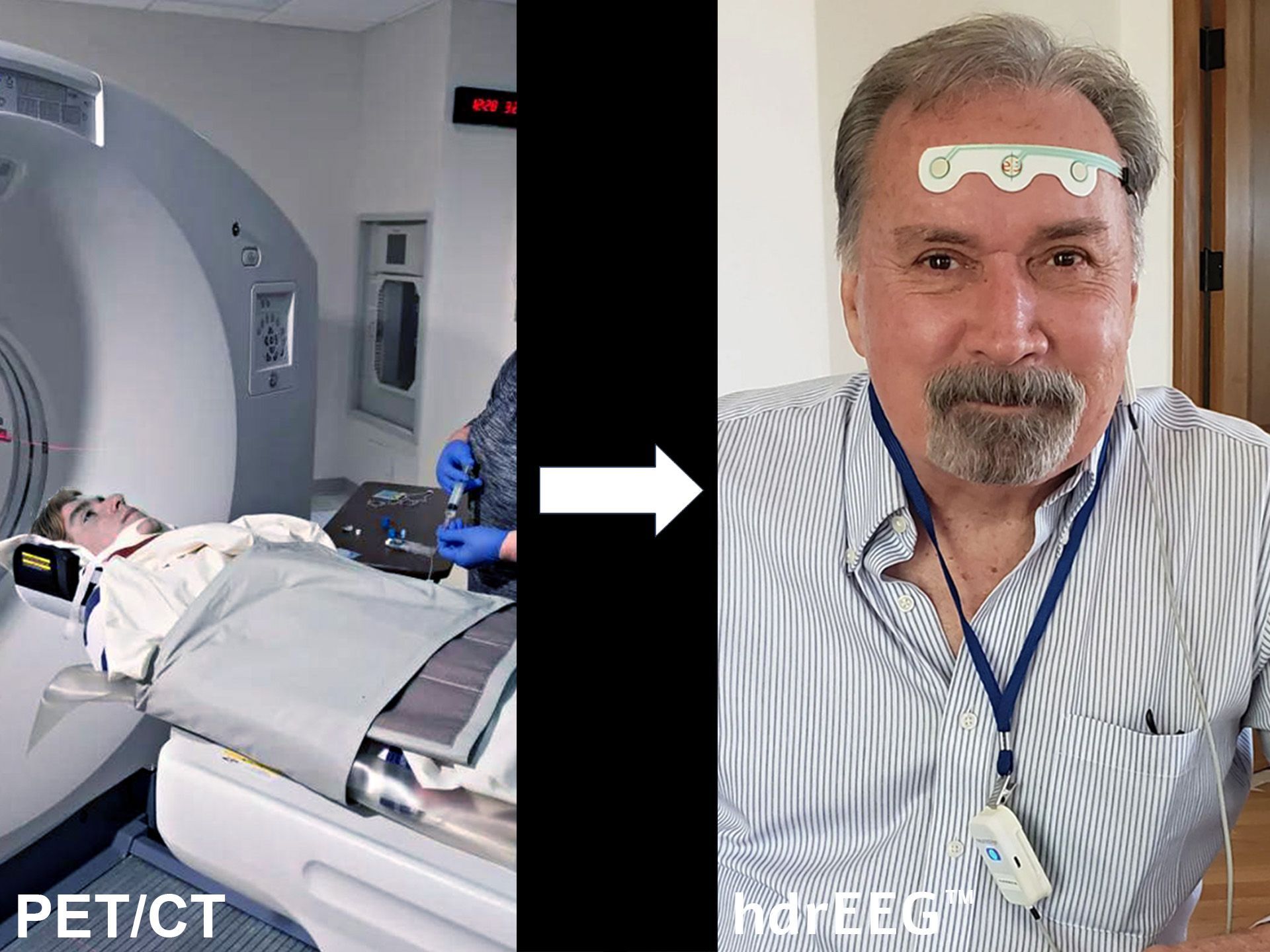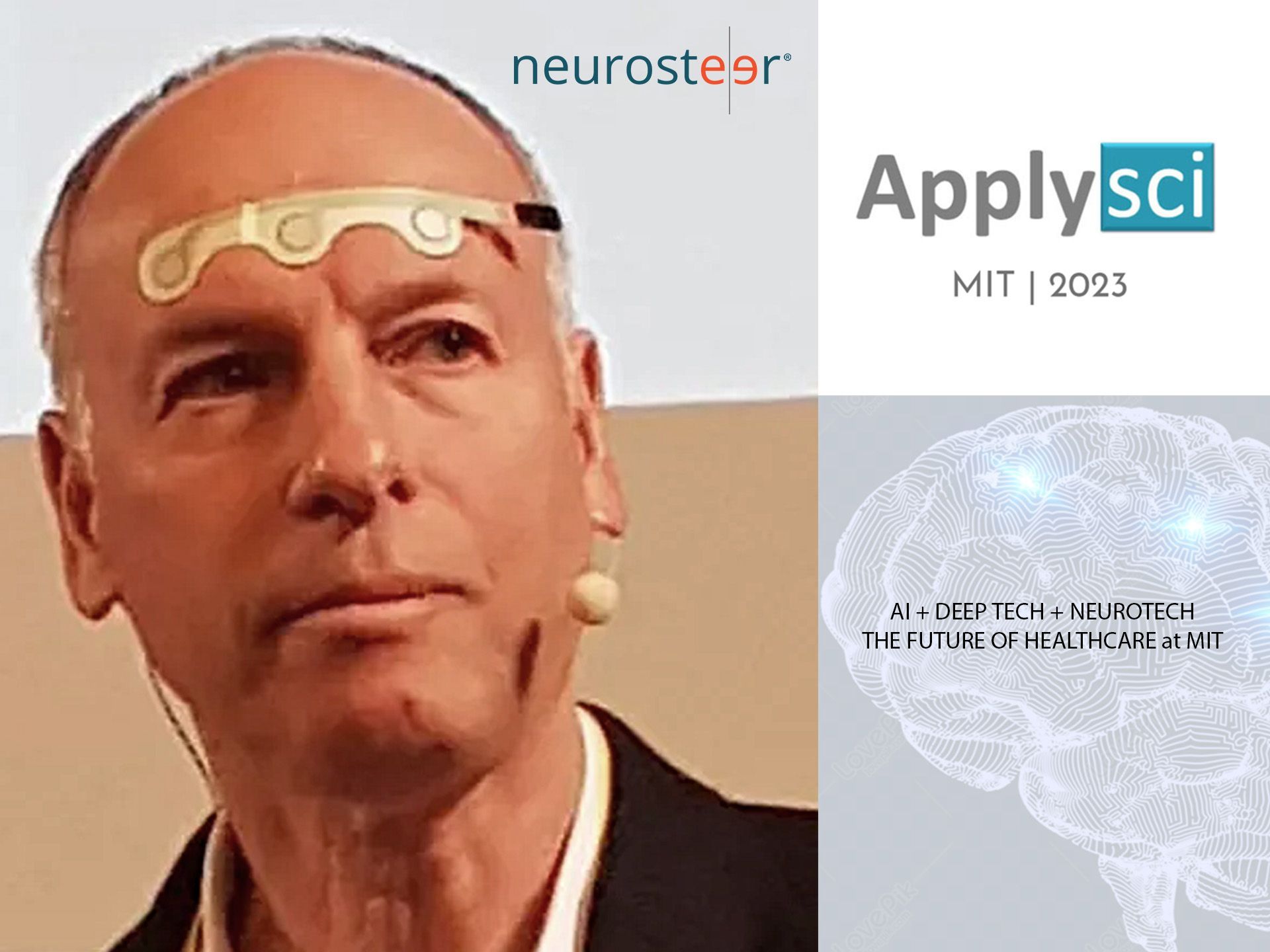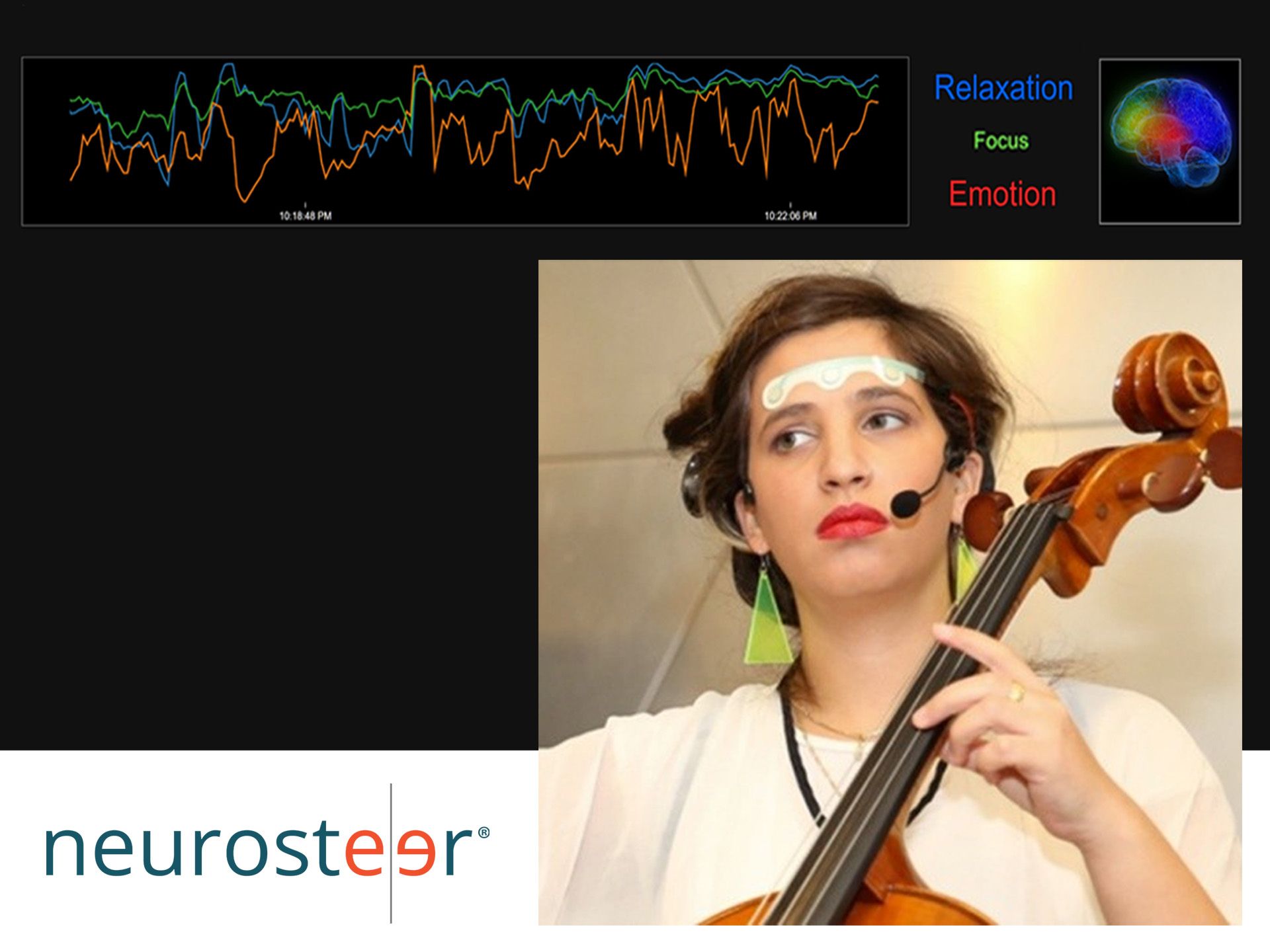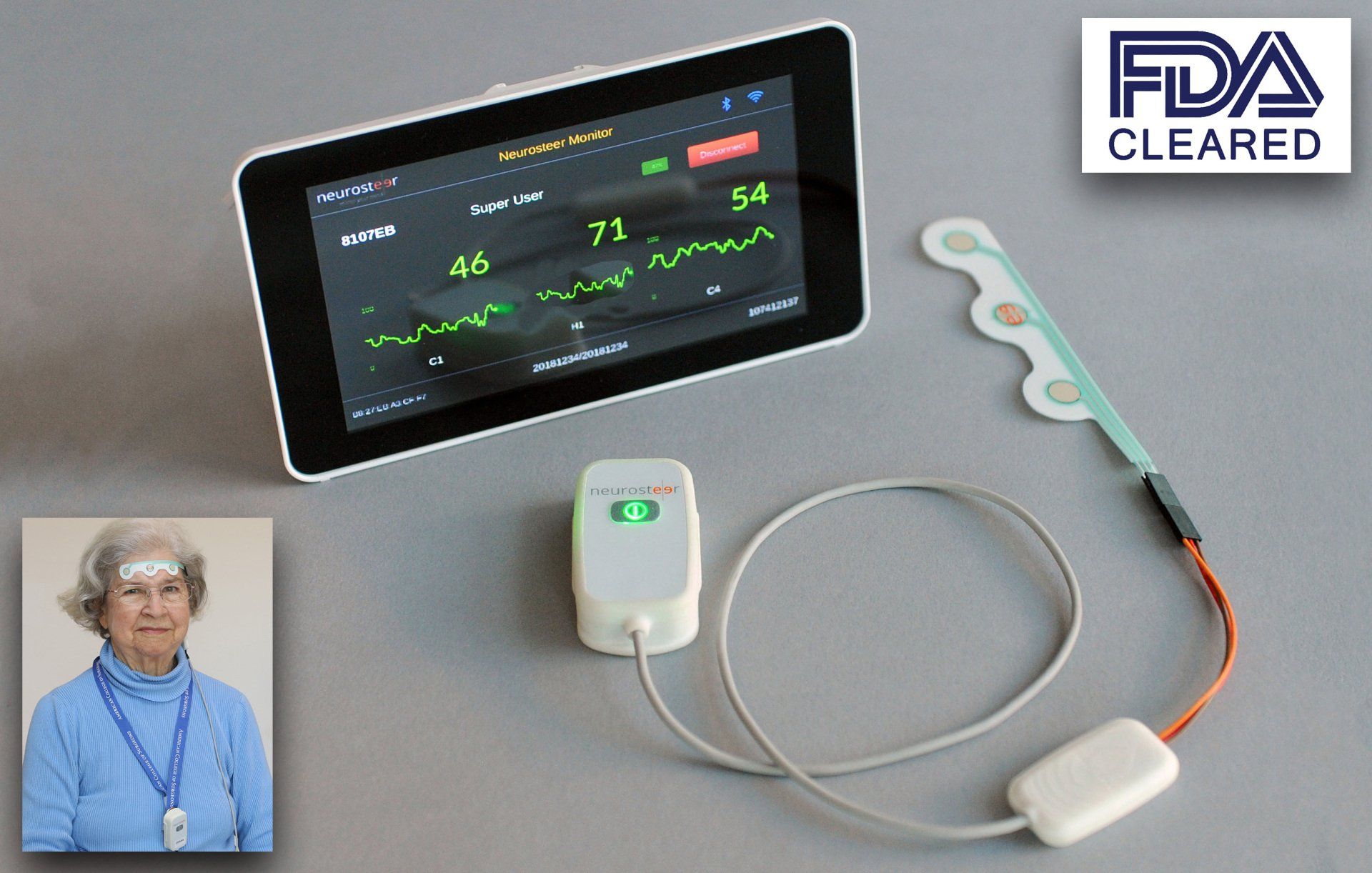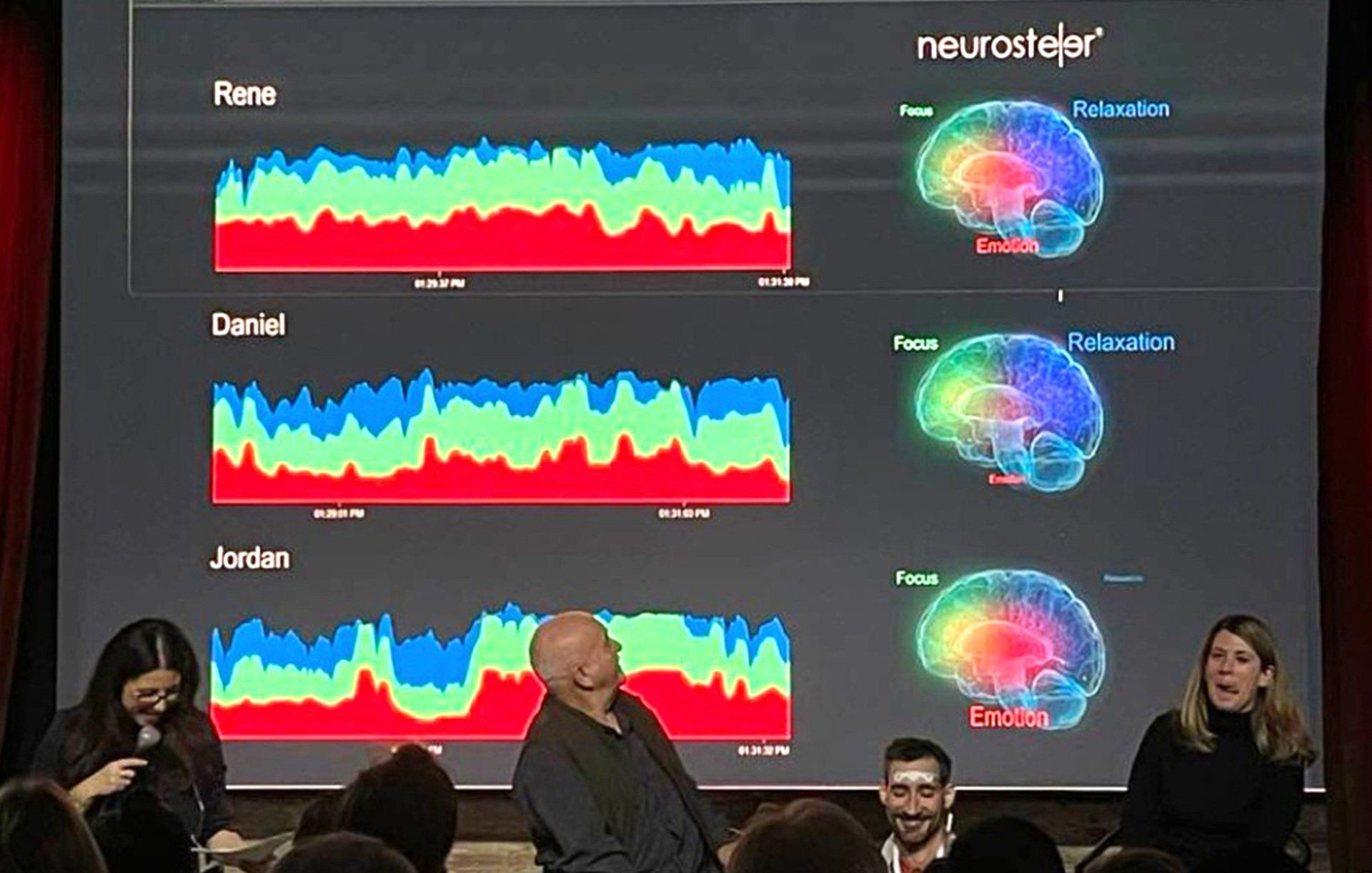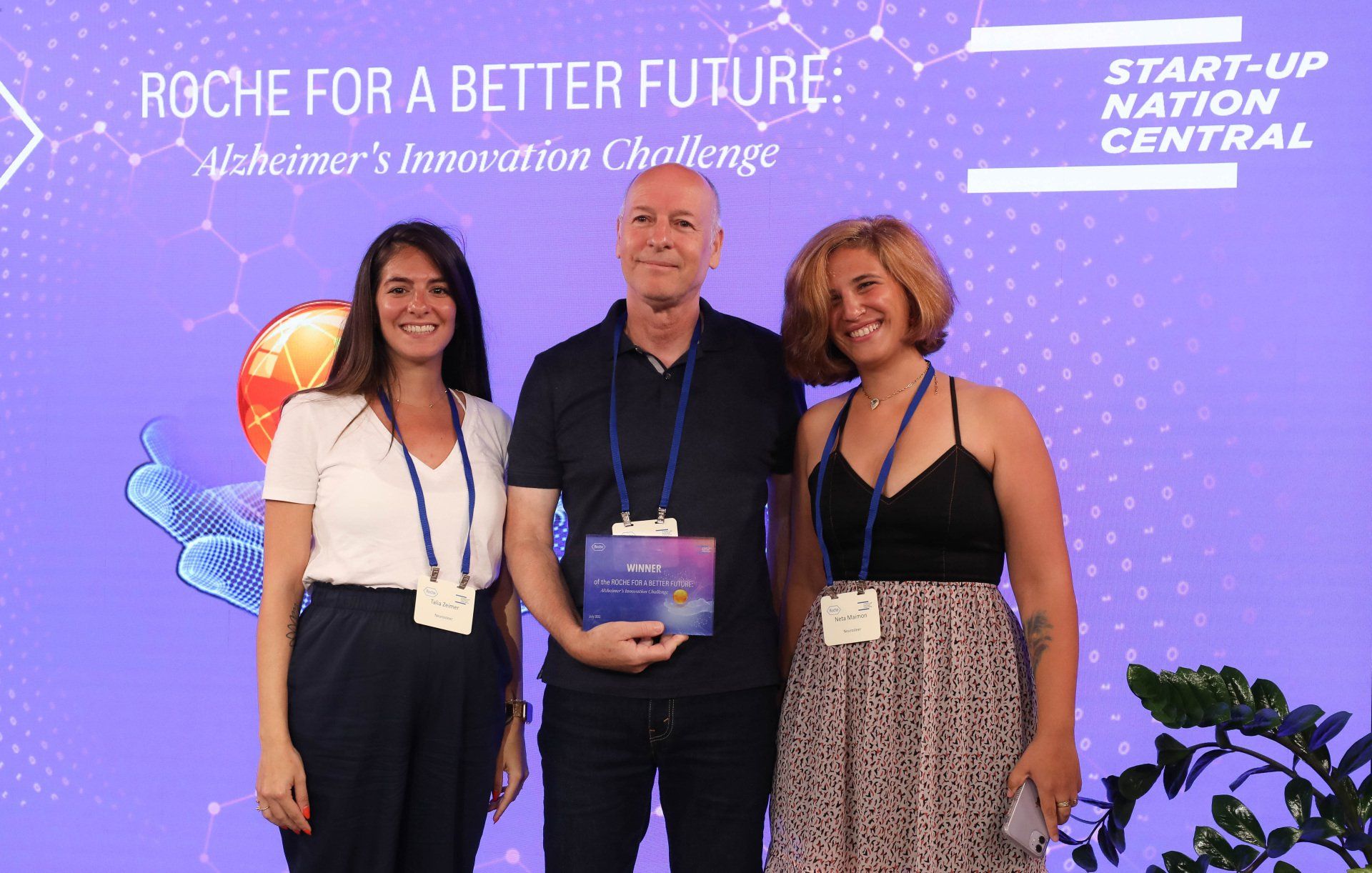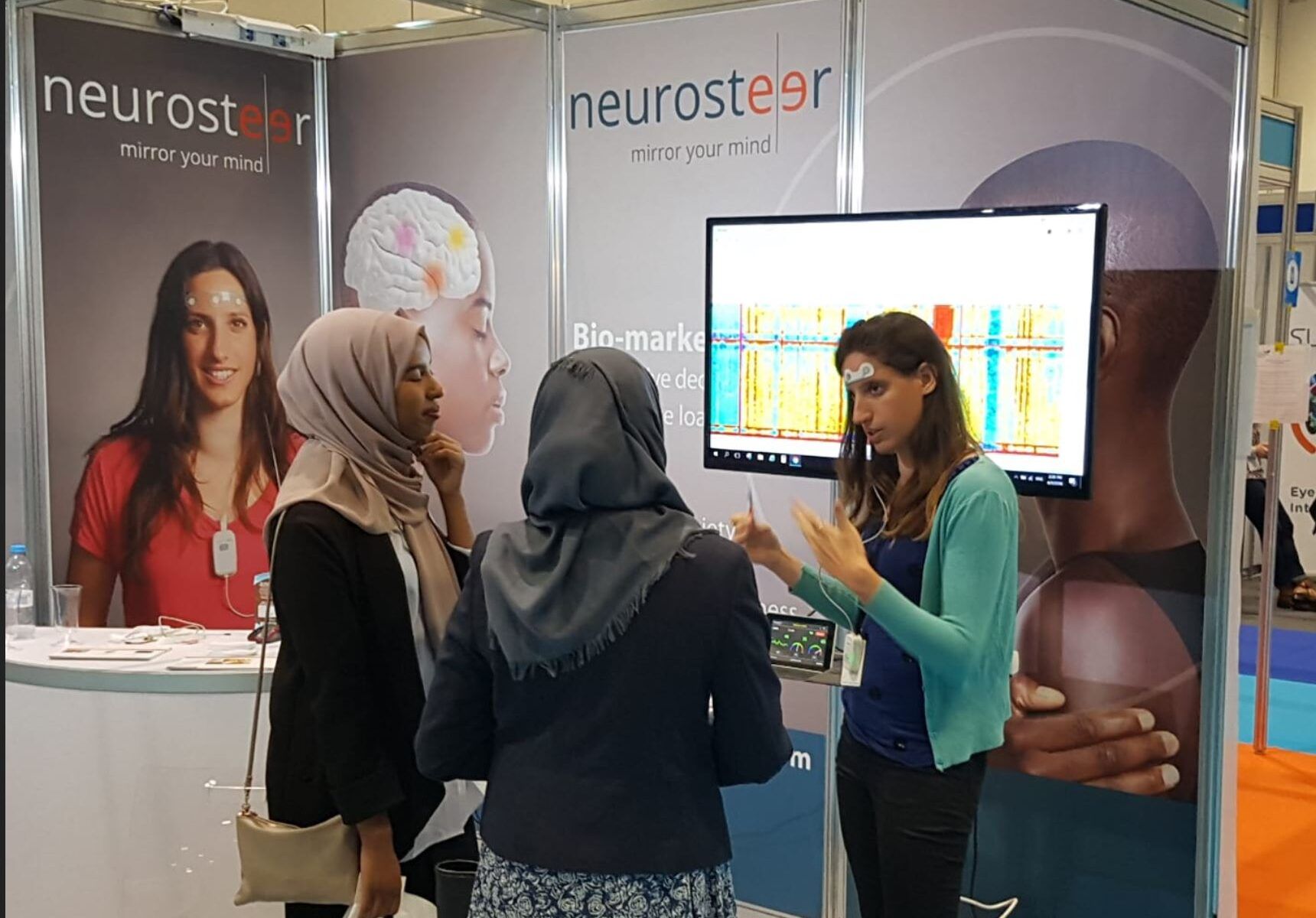Israeli Scientists Say Brain Analysis Tool Can Spot Cognitive Decline – Using Music
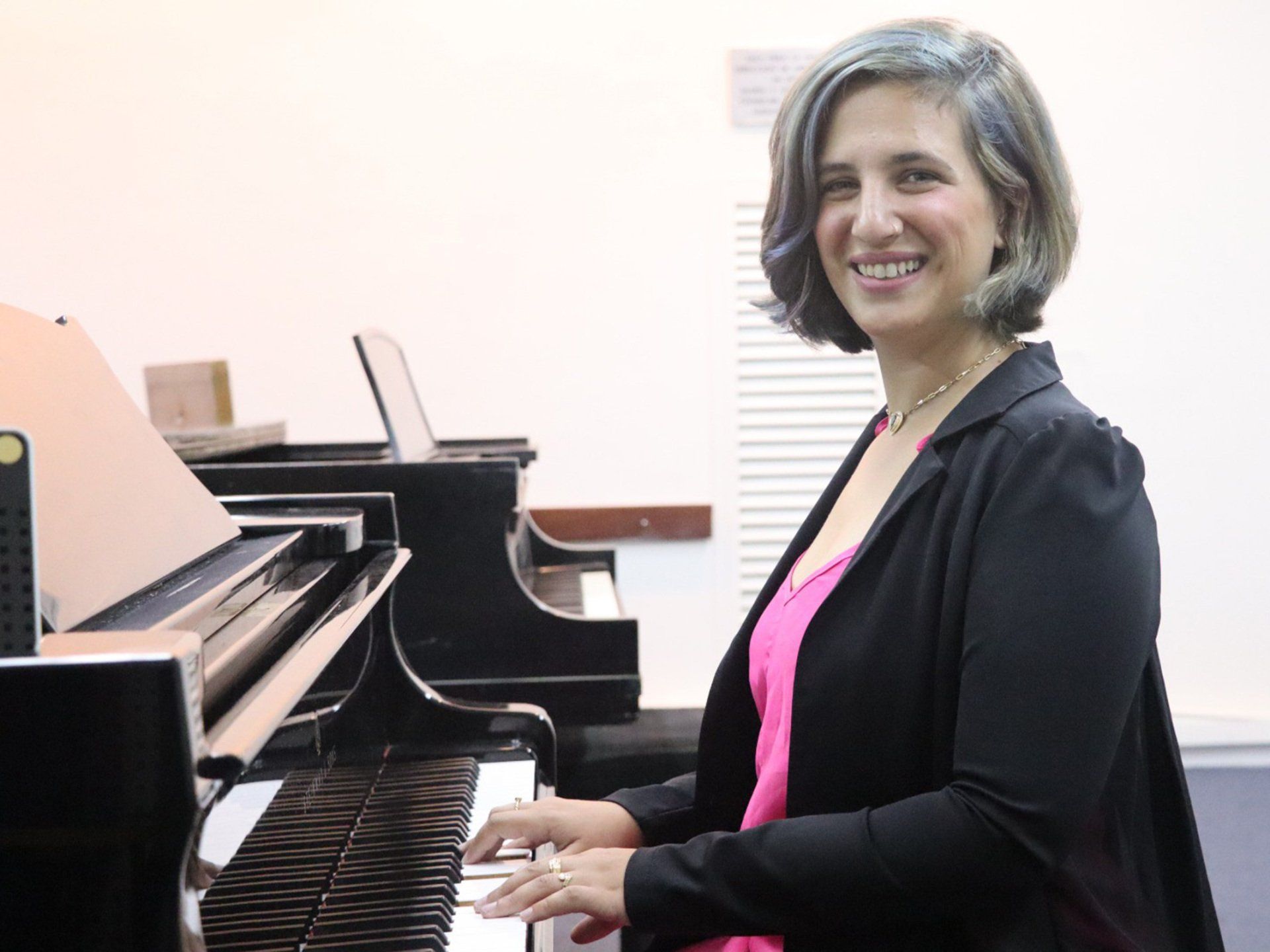
Doctors today rely on face-to-face questions and answers to diagnose cognitive decline, but new peer-reviewed research suggests music may help make EEG-based testing viable.
Israeli scientists say they have developed a warning system for cognitive decline, which works by tracking brain function as elderly people listen to music.
With a three-electrode pad attached to their heads, people undergoing the test are asked to complete tasks, such as pressing a button when a particular instrument plays.
The pad is attached to a machine, which monitors brain function. An algorithm analyses the data to determine whether or not the brain function suggests that cognitive decline is underway, and if so, to what extent.
A Tel Aviv University PhD student, Neta Maimon, came up with the new 15-minute test, which has been trialed on dozens of elderly people in newly peer-reviewed research. The same people also underwent testing using standard assessment for cognitive decline, and the results from both tests largely matched.
She believes that after further development, assessment and regulatory approval, the test could “improve the quality of life of millions around the world” by providing more accessible screening than today’s cognitive tests, which are labor-intensive for doctors and normally reserved for people who already have concerns. Largely automated, she said that hers could be used as a routine test.
Cognitive decline relates to difficulties, beyond what are typically expected in aging, in a person’s brain functions such as thinking, memory and concentration.
“Our method enables the monitoring of cognitive capability and detection of cognitive decline in the early stages. It could do so by simple and accessible means, with a quick and easy test that can be conducted in any clinic,” Maimon said.
“Screening tests are commonly accepted for a variety of physiological problems such as diabetes, high blood pressure and breast cancer. But to date, no method has yet been developed to enable routine, accessible monitoring of the brain for cognitive issues.”
The study took place at Tel Aviv University’s School of Psychological Sciences and the Buchmann-Mehta School of Music, under the supervision of Prof. Nathan Intrator from the Blavatnik School of Computer Science and the Sagol School of Neuroscience.
Doctors normally diagnose cognitive decline by a face-to-face assessment that involves questions and tasks. There is a more objective method, but it involves a painful and invasive procedure to remove spinal fluid for testing. There is significant research toward a noninvasive objective method, some of it focused on magnetic resonance imaging (MRI) or scalp electroencephalogram (EEG), but no such method is in widespread use today.
Maimon uses an EEG machine to analyze the electrical activity in the brain as people complete her music test. A combination of the brain activity patterns and data on how quickly people completed tasks, like the button press when a particular instrument plays, gives scientists a strong indication of cognitive status.
The test uses an unusually-compact Israeli-made EEG machine, produced by the Neurosteer startup, which is headed by Intrator. Maimon says using a portable device makes her approach viable for mobile testing in elderly homes and clinics.
Maimon said that the approach needs further development and assessment, but could hold great potential.
“Today, millions of people around the world already suffer or are liable to suffer soon from cognitive decline and its dire consequences, and their number will only increase in the coming decades,” she said.
“Our method could pave the way towards efficient cognitive monitoring of the general population, and thus detect cognitive decline in its early stages, when treatment and prevention of severe decline are possible.”
– Nathan Jeffay, Times of Israel

